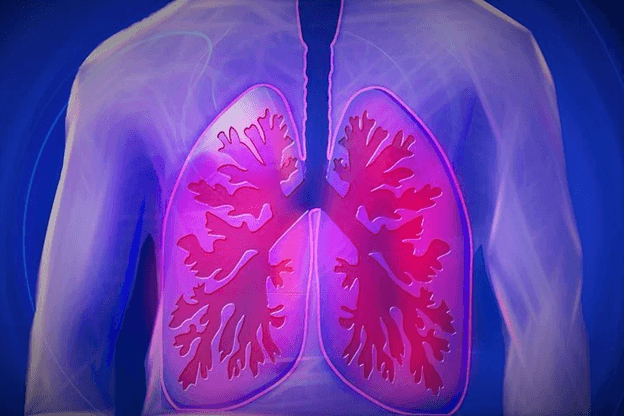
Breath measuring algorithms, smart inhalers, and wearable analytics are at the forefront of respiratory care technology. Lung cancers, including mesothelioma and asthma, account for 70% of the country’s breathing issues. Technological advancements are making it easier for specialists to diagnose and patients to administer self-care.
As the COVID-19 pandemic rages forward, the advancement of pulmonary technology has gotten a boost. There is no way for the medical field to prepare for the long-term issues that many COVID patients may have to deal with in the future.
For the past decade, as air pollution continues to plague cities worldwide, breathing problems have become the number one cause of hospitalizations. Patients, including those dealing with mesothelioma and represented by Bergman Legal, can now take advantage of some of these innovative technologies.
Over 300 million people around the world are now battling respiratory illness and disease, and the numbers continue to grow each year. These patients include anyone dealing with lung cancer, asthma, COPD, chronic bronchitis, and cystic fibrosis. The World Health Organization (WHO) predicts that with the rising levels of air pollution and the continued habit of smoking cigarettes, these cases will continue to multiply over the next decade.
The need for intuitive technology to help doctors diagnose and treat respiratory issues has never been so high. Let’s take a look at some of the current advancements and innovative technologies that will make the future for patients with respiratory illnesses a bit brighter.
Diagnostic Algorithms
Researchers can now take advantage of artificial intelligence to make a clearer, more precise accurate diagnosis. Intelligent machines using sophisticated algorithms can now analyze breathing sounds and accurately interpret pulmonary test results.
When it comes to lung cancer, early diagnosis is the key to effective treatment. In a study from Northwestern Medicine found that by using artificial intelligence created algorithms, signs of malignant lung nodules were easier to detect. These algorithms will be able to process chest scans and flag any signs of a problem and alert both the technician and the doctor remotely. This can save time in the diagnostic process and allow for appropriate treatments to start more quickly.
Smart Inhalers
Inhalers administer nearly 90% of the medications prescribed for respiratory illness. Smart inhalers are the newest tool that can help respiratory disease patients get their medications and relay vital information back to doctors.
Smart inhalers are embedded with AI technology that can collect data and monitor a patient’s condition. Technology is being tested that will alert users to potential environmental triggers and a reminder to take their medication on time. The data collected by these smart inhalers can be used by clinicians and doctors to better understand the needs of each patient.
Wearable Devices
One of the largest barriers to proper treatment is the patients’ own adherence to their treatment. Not all patients are great at taking their medications on the right schedule. With new technology like smart shirts or stickers that are worn on the body, patients can be monitored and reminded when it’s time for their treatment.
